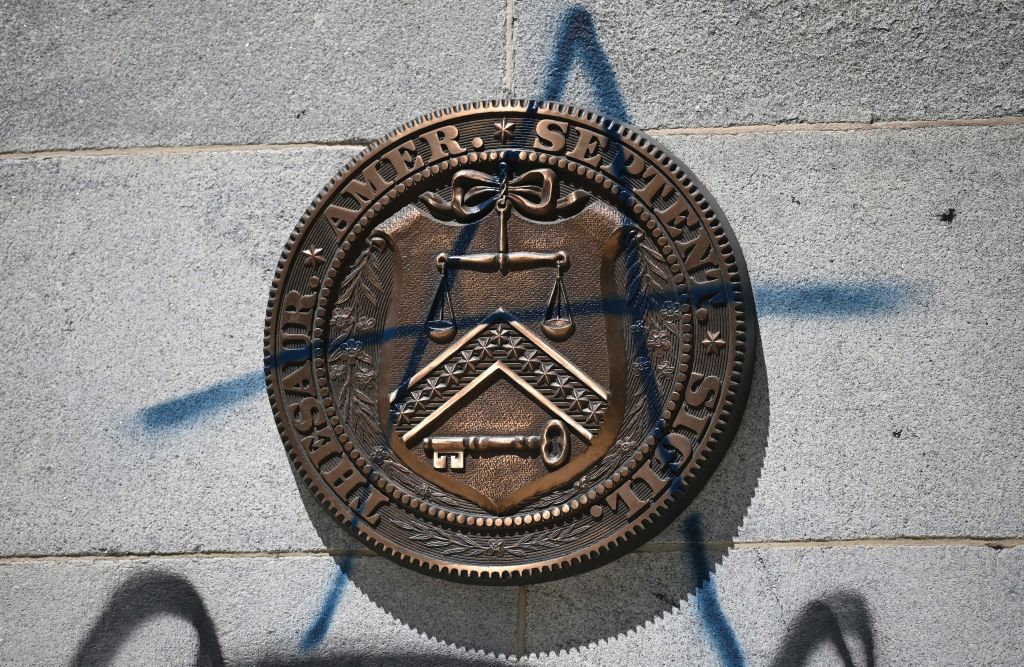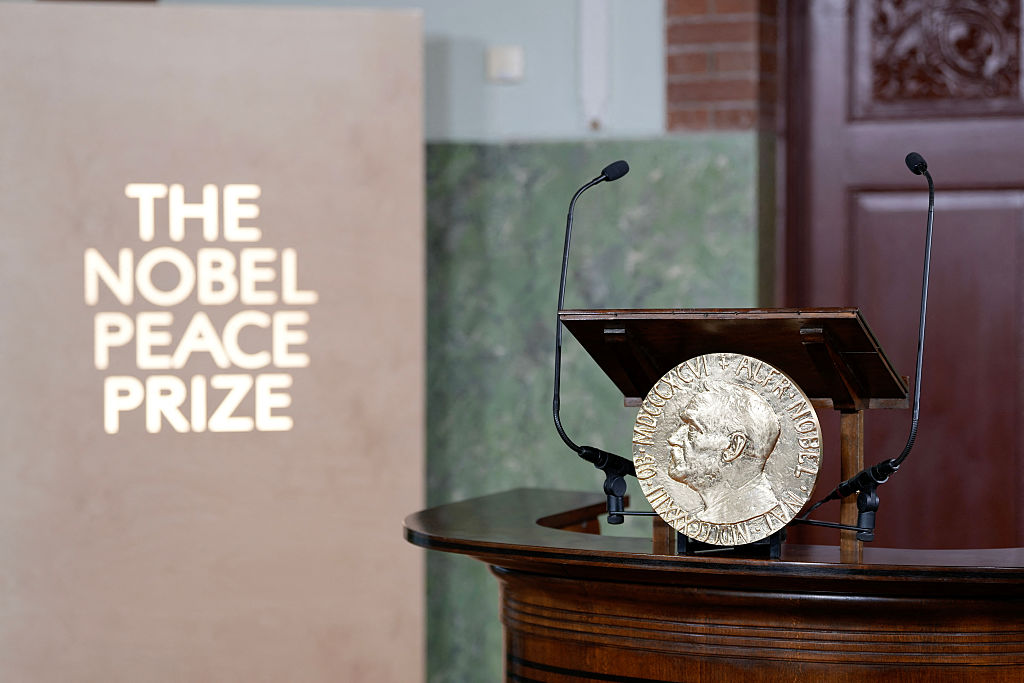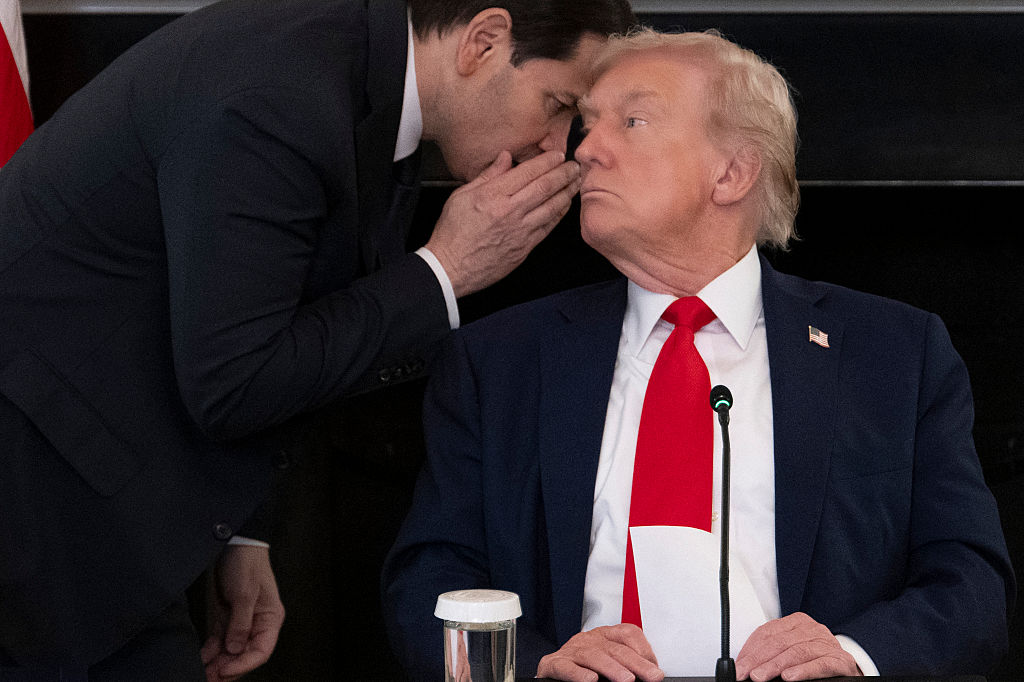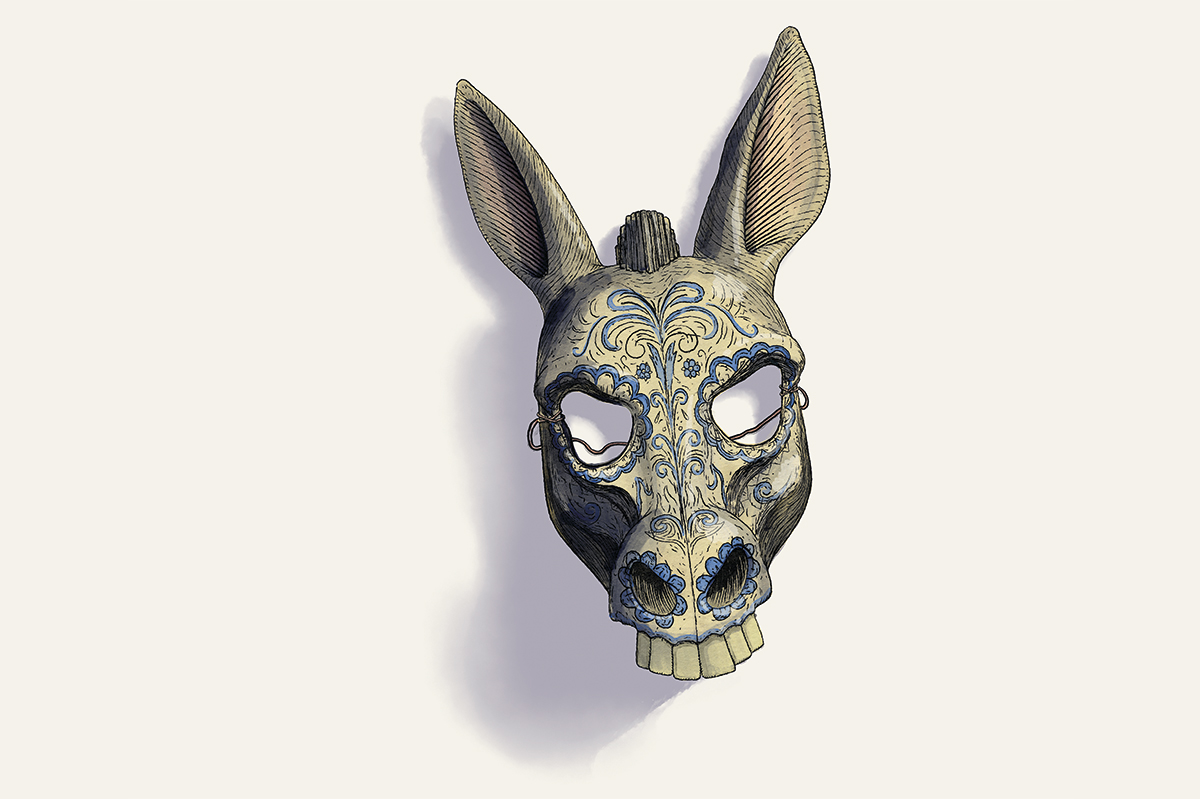Anarchists have gotten a black eye over the past year, what with the antisocial cretins of antifa laying claim to a name that befits them as illy as ‘artist’ does Hunter Biden. It’s reminiscent of the late 19th century, when the A-word, which accurately described promising ventures in mutual aid and voluntary cooperation, was besmirched — and how! — by the disturbed Leon Czolgosz, who assassinated President William McKinley in Buffalo, thereby casting a serious pall over the Queen City’s Pan-American Exposition and escorting into the White House the bloodlusting Teddy Roosevelt, whom novelist Henry Blake Fuller derided as the ‘Megaphone of Mars’.
American anarchism has always been a literary conceit more than a political (or anti-political) program. Noun and adjective are capacious enough to subsume Dorothy Day, Henry David Thoreau, Edward Abbey, ee cummings and, depending upon their moods, Ralph Waldo Emerson, Ernest Hemingway and Henry Adams.
The anarchist social critic Kirkpatrick Sale, 84, has in a long and distinguished career written thoughtful, thorough, layered and bracingly radical accounts of, among other movements and ideas, the Luddites, Students for a Democratic Society and bioregionalism. In his brief but satisfying new book, No More Mushrooms: Thoughts About Life Without Government, its strange title drawn from an epigraphic parable by the 19th-century French anarchist Arthur Arnould, Sale argues that human-scale societies lacking the coercive mechanism of the state can provide defense, economic regulation, public services and social justice better than can the state.
You may either nod in agreement or snort in derision. I do the former. But regardless, Kirk Sale is a man worth listening to, as I did recently.
First, on the passing scene.
Antifa, says Sale, is not ‘anarchist in any except the bad way: bomb the whole thing to pieces. They are a violent menace. And those autonomous zones are a joke, just black neighborhoods where a few thugs took control and cowed the liberals into letting them — until they collapsed from disorganization.’
Of Donald Trump, Sale says, ‘I was hoping that he’d come in and do away with a lot of government, the way Steve Bannon wanted. I’d say it was an interesting try at a populist presidency, but the poor guy was in way over his head and he didn’t know whom to put in office and didn’t know how to fend off the deep state so we don’t know what he might have done to live up to his following’s hopes.’
In the early years of the 21st century Sale, inspired by such breakaway groups as the Second Vermont Republic, turned his attention to the prospect of disunion. Secession, he says now, ‘still makes sense, and it would be a good way to collapse the empire. But the movement never grew the way I’d hoped because the “one nation indivisible” Lincolnian mindset is too pervasive.’
No one has ever accused Kirk Sale of optimism. He gives ‘Western civilization’ another 10 years, its expiration to be delivered via ‘environmental disaster, nuclear annihilation, oxygen depletion, excessive carbon dioxide’ and plain old ‘stupidity’. It won’t be ‘like a building imploding, more like an avalanche that moves slowly, destroying all in its path’. Survivors, he hopes, will gather in small anarcho-communalist groupings to begin the task of rebuilding. ‘Hell,’ he says, ‘I’m 84, have lived a full life, and I don’t have much time anyway. It’ll be hard on my grandchildren.’
His pessimism about the human future is somewhat belied, however, by the vigorous defense of human-scale communities and ‘societies without the state’ in his new book. Eschewing ‘pollyannalysis’, he nevertheless contends that ‘the human animal, without the patterns of the state and the pillars of authority, tends to peace not war, to self-regulation not chaos, to cooperation not dissension, to harmony not violence, to order not disarray’.
Scale is critical, for bigness amplifies tyranny: ‘The problem of defense and warfare is exacerbated, not solved, by the large state…smaller societies, especially those without governmental apparatus, tend to engage in fighting less or not at all and with less violent consequences.’ Attachment to place is also important. ‘To be rooted,’ Sale quotes Simone Weil, ‘is perhaps the most important and least recognized need of the human soul.’
Kirk and his wife, Shirley Branchini, have repatriated to their home ground of Tompkins County, New York. ‘It feels like I’ve returned to Ithaca after many battles and tribulations, like someone before me,’ he says. Sale’s odyssey, if not the American Empire’s, has a happy ending.
Let William Stafford have the last word:
‘It is time for all the heroes to go home if they have any, time for all of us common ones to locate ourselves by the real things.’
This article was originally published in The Spectator’s September 2021 World edition.

























